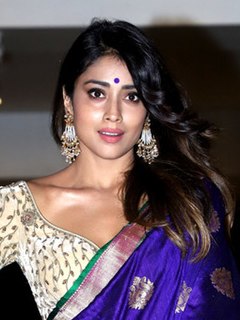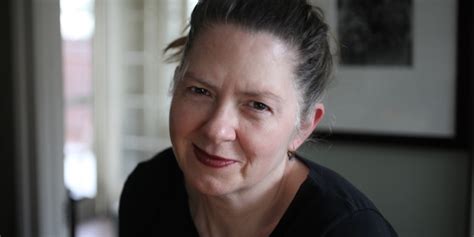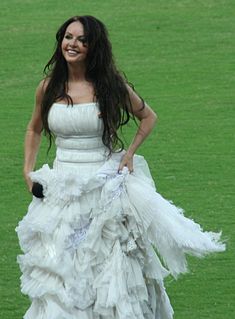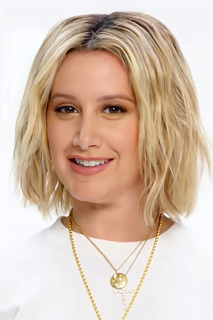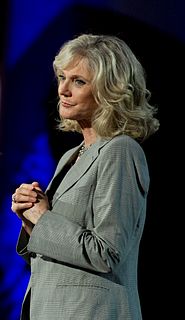A Quote by Sally Field
There's always been a shortage of roles for three-dimensional women, no matter what age. If you look at the statistics on women in film, be they behind the camera or in front of the camera, and it's pretty nauseous-making. It always has been.
Related Quotes
If you just look at the number of roles for women versus the number of roles for men in any given film, there are always far more roles for men. That's always been true. When I went to college, I went to Julliard. At that time - and I don't know if this is still true - they always selected fewer women than men for the program, because there were so few roles for women in plays. That was sort of acknowledgment for me of the fact that writers write more roles for men than they do for women.
American commercial cinema has long been dominated by men, but I don’t think there has ever been another time when women have been as underrepresented on screen as they are now. The biggest problem isn’t genuinely independent cinema, where lower budgets mean more opportunities for women in front of and behind the camera. The problem is the six major studios that dominate the box office, the entertainment chatter and the popular imagination. Their refusal to hire more female directors is immoral, maybe illegal, and has helped create and sustain a representational ghetto for women.
There still aren't enough[ roles for women of color]. And I'd say that's the case, not only for African-American women, but for all women in the Hollywood game. It's just slim pickings, and a very challenging time for us. I think that's why more of us need to work our way behind the camera in order to create roles that really illuminate who women are. We still have room for growth in that area, without a doubt.

